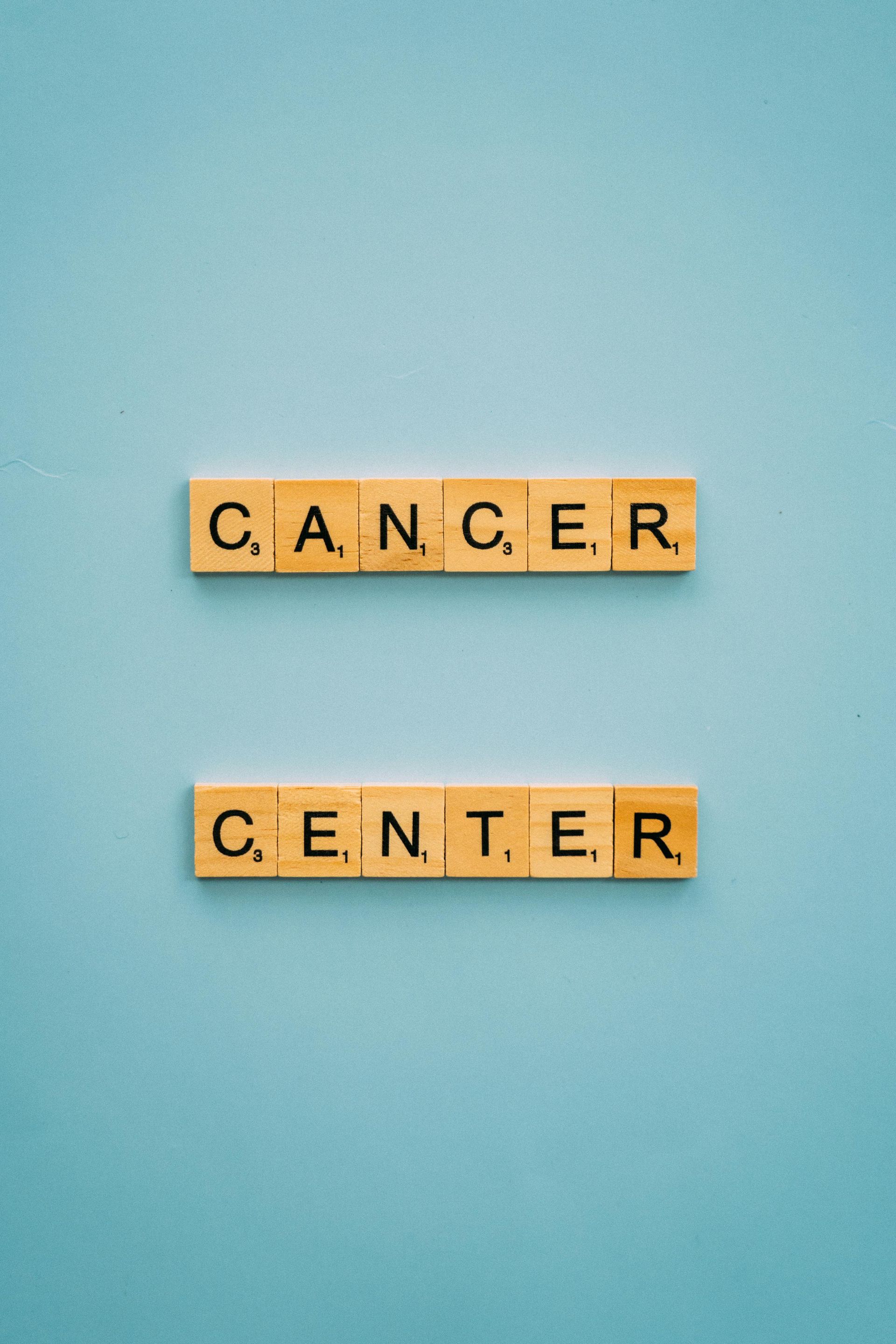Stopping the cancer signals
New cancer drugs are now available that target and stop the cell signaling pathways. Normal cells rely on chemical signals that tell them how to grow, divide, talk to each other, move around, and die.
Almost like a subway map, these are complicated, intertwined signals that cells use to communicate the instructions of life. When the instructions go wrong, chaos happens, and cancer cells take over in a very disorganized way.
Organized chaos in an NYC subway. Tumor signals look similar. Credit NYC subway map
Signals that train cells to change into a cancer
Signaling is a way of communication between cells, between cells and their central information hub, the nucleus, or between cells and their outside environment.
Cell signals can teach cells to grow, to divide, to start moving, or reproduce. Signals tell cells to stay organized and stick together in neat patterns. Cell signaling also tells the cell when to die (apoptosis). Cell signals can also cause damage. They can trigger inflammation, or tell cells to start moving to another location ( metastasize). Cell signals can also communicate with the immune system and make it attack invading cancer cells when they do show up in the body.
When cell signaling goes wrong, the cancers develop. Cancer begins from a baby cell or a stem cell. Cancer cell signals are uncontrolled, or erratic. The cancer cell loses the ability to die because the signals for death are destroyed.
Pro-cancer gene signals
Genes are characteristics that inherit from our parents. Pro-cancer genes ( also known as Oncogenes) are blueprints that eventually create a protein that is strong enough to transform normal baby cells (stem cells) into cancer stem cells. The RAS oncogene is one example of a pro-tumor gene.
The reverse gene is called a tumor suppressor gene. Both pro and anti-cancer genes can create signals that teach the cell to turn into cancer. Many new cancer drugs are available, and their purpose is to target a signaling pathway that hopefully, will cut the energy that fuels cancer.
Signals stop a tumor's blood supply (VEGF inhibitors)
Vascular ( blood vessel) - endothelial (blood vessel's inner wall)-growth factor- cancer cell signaling pathway. Anti-VEGF drugs are drugs that target signals that boost blood vessel growth. Anti VEGF drugs can cut the tumor's blood supply and indirectly make it stop growing. An example of new drugs that target the cancer blood vessels are anti-VEGF chemotherapy like Bevacizumab (brand name Avastin), which is a popular drug for advanced colon cancer. It attacks the VEGF pathway and cuts off the tumor blood supply, indirectly starving it.
Signals make cells grow, divide, move and die
We have a signal for everything that a cell does. A signal to make it wake up and divide, another signal to it to grow, meet other cells, and when the cell gets too old, there is a signal that makes it die. Cancer develops because the signaling pathways become defective, or overactive. The PI3K pathway meets up with another pathway, the AKT pathway, and another pathway, the mTOR pathway. Together they control how cells grow, move and die. PI3K, AKT mTOR are just shortcutted initials for a fancier, longer scientific name. Just remember they are all signaling pathways for cells, and they are intertwined. Drugs are being studied to possibly target these pathways.(Yang, Nie et al. 2019) Copanlisib and Duvelisib are examples of available anti PI3K / anti-cell signaling chemotherapies.
How many cancer signals are there?
There is more than one. There are actually hundreds if not thousands of them, counting the ones we still don’t know about. It looks similar to the subway map. Tumor signaling pathways create changes in cancer proteins, in order to change their behavior to a less aggressive form. You will find it hard to convince me that a drug targeting a single signal, will cure your cancer. When the drug works, cancer will find a way to go around that roadblock. There is what we call "CROSSTALK" between cancer signals. It s easy to see why cancer will have no trouble finding a detour.
The cell membrane (on top) has receptors which process the signals and then transmits them through a complex maze, towards the center, where the cell will read the instructions and know what to do. Photo credit Qiagen
What triggers these pro-cancer signals?
There are many triggers. Metabolic stress, chemicals, radiation, carbohydrates, are all triggers for these cancer cell signaling pathways. Chemicals and radiation, heat, can cause cell damage from reactive oxygen species (ROS). Reactive oxygen species (ROS) are unstable molecules that contain oxygen and are highly reactive, causing damage to the center of our genes, the DNA, RNA and proteins. Our immune system can normally attack cancer cells and bacteria, when they do show up in our bodies. The immune system does this by releasing a vicious attack, and one of those defenders is the reactive oxygen species. However, if there is too much of this ROS, the stress builds up in the cell, and the cell becomes damaged. This is when OXIDATIVE stress occurs.
Our body defends itself against stress
Our body reacts by releasing enzymes that can melt away this stress from the reactive oxygen species. Some of these protective enzymes are called SOD (superoxide dismutase), and catalase. The words ends in "ase', usually means it is an enzyme. When our body is low on these enzymes, cell damage can happen. Pro cancer cell signaling is activated and cancers develop and grow. Food that are high in antioxidants can help blunt some of this damage.
Carbohydrates can trigger the PI3K/AKT cell signaling pathways
Veterinarians advice: Don't feed your dog human food, it will shorten their life! Photo by Christian Bowen on Unsplash
A study from Tehran found that high carbohydrate diets can help cancer cells survive by boosting the pro-tumor PI3K/AKT /mTOR cancer cell signaling pathway. Knowing that we now have drugs that target the PI3K and the mTOR pathways, it seems logical that a ketogenic diet might help multiply the anti-cancer effect of these targeted chemotherapies? Plant based food can tame overactive PI3K/AKT pathways, but adopting a ketogenic, low carbohydrate can be beneficial as well, since you can target not just one, but many cancer signals at once.
REFERENCES
https://www.clinicalnutritionjournal.com/article/S0261-5614(18)31888-0/fulltext
https://www.ncbi.nlm.nih.gov/pmc/articles/PMC5968394/
Yang, J., J. Nie, X. Ma, Y. Wei, Y. Peng and X. Wei (2019). "Targeting PI3K in cancer: mechanisms and advances in clinical trials." Mol Cancer 18(1): 26.






